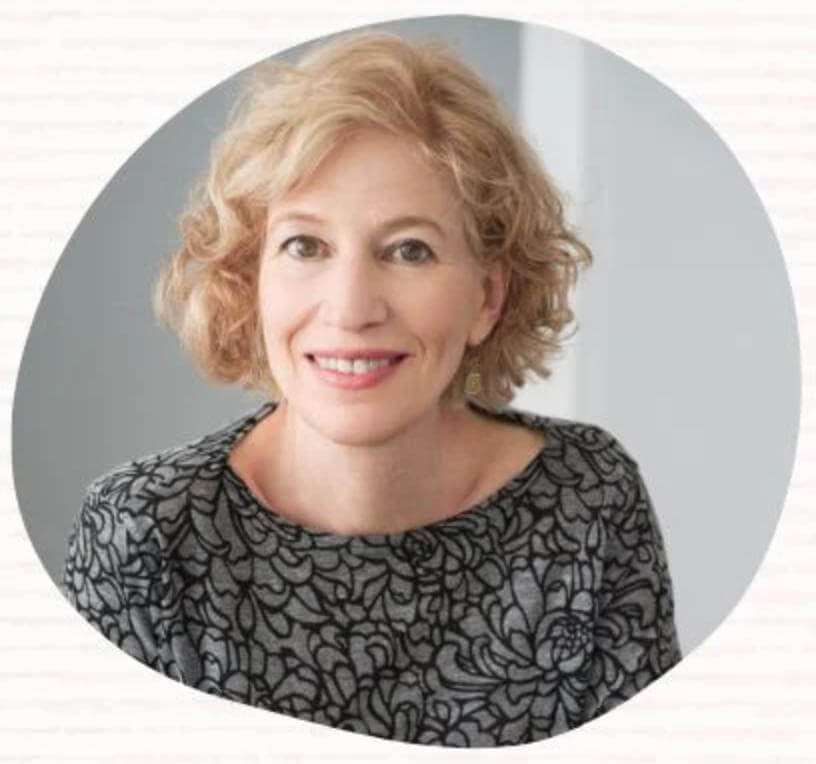Beyond Standardized Tests – Rethinking Assessment in Education
In the modern education system, standardized tests have long been the dominant method of assessing students’ knowledge and academic achievement.
However, there is a growing realization among educators and researchers that relying solely on standardized tests may not provide a complete picture of a student’s abilities and potential. As an education journalist and advocate, I believe it is time to rethink assessment in education and explore alternative approaches that go beyond standardized tests.
Redefining Assessment
Assessment should be viewed as a multifaceted process that goes beyond simply measuring a student’s ability to memorize facts or perform well on a single test. It should encompass a broader range of skills, including critical thinking, creativity, problem solving, collaboration, and communication. These skills are increasingly valued in today’s rapidly changing world, where adaptability and innovation are crucial.

One alternative approach to assessment is outcome-based assignments or projects. These assignments require students to apply their knowledge and skills in real-world settings, demonstrating their understanding through practical application.
For example, instead of a traditional multiple-choice test about a historical event, students could be asked to create a multimedia presentation or write a persuasive essay analyzing the significance of the event and its relationship to contemporary issues.
The Role of Writing
Writing plays a vital role in rethinking assessment. It provides a powerful tool for students to articulate their thoughts, develop their ideas and demonstrate their understanding of different subjects. Writing can be incorporated into assessments across disciplines, enabling students to think critically, organize their thoughts and communicate effectively.
The Hochman Method, developed by Dr. Judith Hochman, offers a valuable approach to integrating writing into all subjects and grades. This method focuses on explicit instruction in sentence structure, grammar, and the use of evidence to support arguments. By incorporating the Hochman Method into assessments, students can showcase their analytical thinking and communication skills in a more nuanced and comprehensive way.
Beyond the Individual
Rethinking assessment also means considering the broader impact of education on society. As educators, parents, and policy makers, we need to ask ourselves: What kind of citizens are we creating through our education system? Are we producing people who are not only academically proficient, but also have the ability to engage with complex issues and make positive contributions to their communities?
Assessment methods that encourage collaboration, empathy, and social awareness can help answer these questions. Group projects, civic initiatives, and simulations that require students to work together on real-world problems foster skills such as teamwork, leadership, and empathy. By incorporating these elements into assessments, we can create a more holistic approach to evaluating student growth and development.
Looking Beyond Grades
It is also important to recognize that assessment should not be focused solely on grading or ranking students. Instead, it should be seen as an ongoing process of feedback and support that guides students’ learning. Formative assessments, such as teacher observation, self-reflection, and peer assessment, can provide valuable information about students’ progress and areas for improvement.
Additionally, assessment should be used to identify students’ strengths and interests, allowing them to explore their passions and develop unique talents. This personalized approach to assessment can help instill a love of learning and intrinsic motivation that are essential for long-term academic success.
The Way Forward
Rethinking assessment requires a shift in mindset where we move away from a one-size-fits-all approach and adopt a more holistic and personalized approach to assessing student learning. Standardized tests can still play a role in providing some data, but they should not be the sole determinant of a student’s ability.
We should explore alternative methods that go beyond standardized tests, including performance-based tasks, written work, collaboration, and holistic assessment. In this way, we can better equip students with the skills they need to succeed in the 21st century.
Conclusion
It is important to remember that academic excellence goes beyond test scores and grades. It encompasses critical thinking, creativity, problem-solving, and effective communication. By rethinking assessment, we can nurture these skills and prepare students for a future where adaptability and innovation are paramount.
To delve deeper into the topic of academic excellence and effective time management, you can visit academic excellence with EssayPay. It offers valuable insights and strategies that can further enhance students’ learning experiences.
As we continue to evolve our education system, let us embrace a more comprehensive and meaningful approach to assessment. By valuing a range of skills and competencies, we can better support students’ growth, foster their passions, and prepare them to thrive in an increasingly complex and interconnected world.

American Education Writer
Natalie Wexler is a DC-based education journalist focusing on literacy and the so-called achievement gap. She is the author of The Knowledge Gap: The Hidden Cause of America’s Broken Education System-and How to Fix It (Avery 2019), and the co-author of The Writing Revolution: Advancing Thinking Through Writing in All Subjects and Grades (Jossey-Bass 2017), a step-by-step guide to using the instructional method developed by Dr. Judith Hochman. She is also a contributor on education to Forbes.com and the author of three novels.


